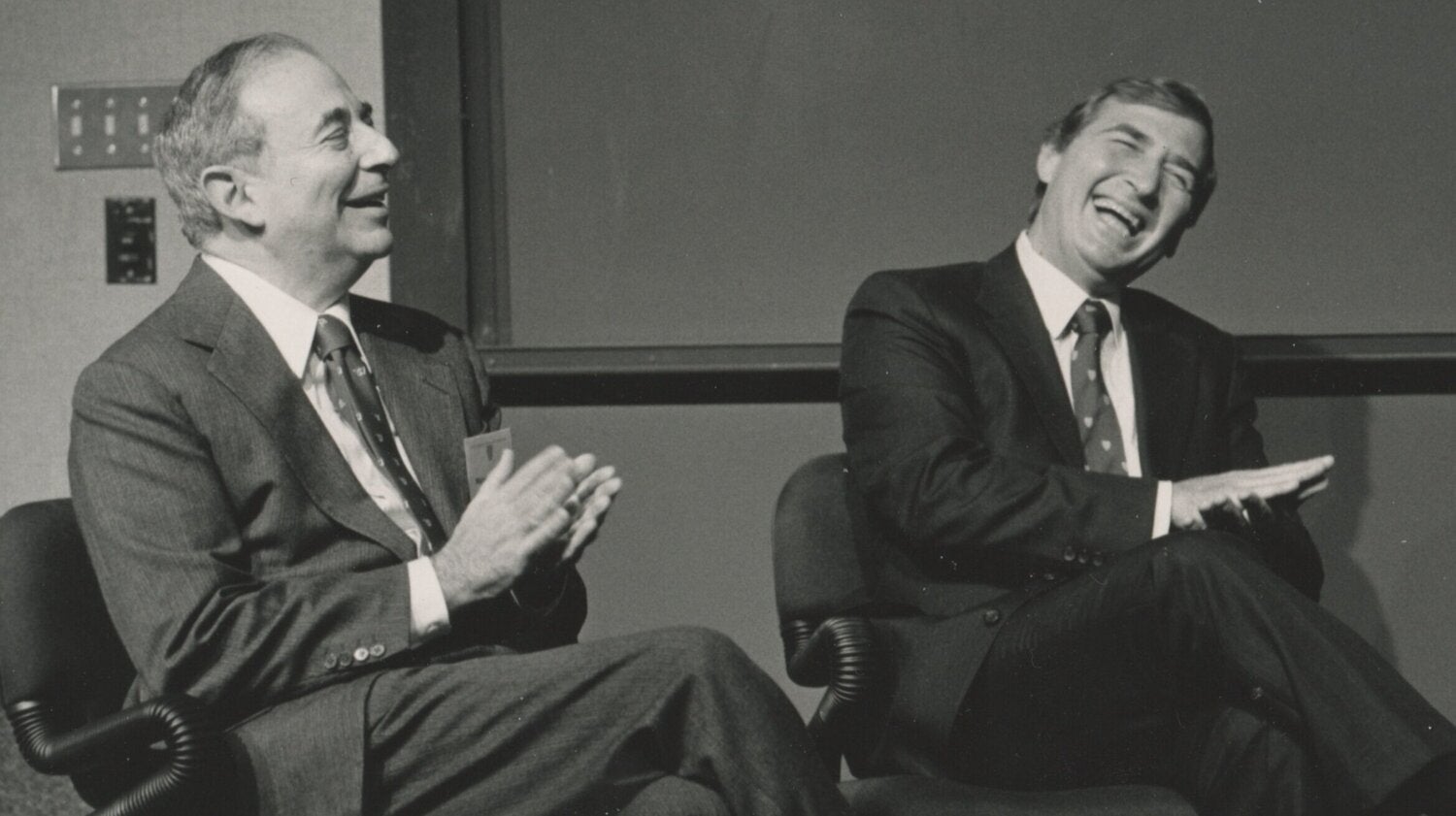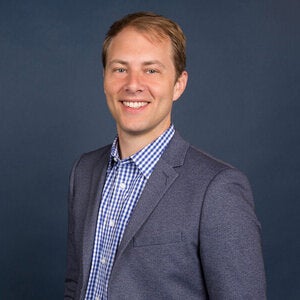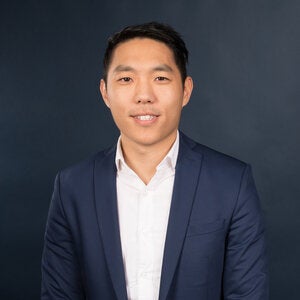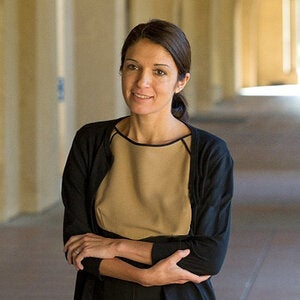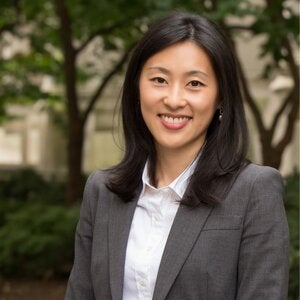As a preeminent scholar of Aegean prehistory, Malcolm H. Wiener AB ’57, JD ’63 has studied and written extensively about the rise and fall of ancient civilizations. As a philanthropist, he has catalyzed critical research and policy work at Harvard Kennedy School (HKS) to address the greatest challenges facing the modern world.
For more than 30 years, the Malcolm Wiener Center for Social Policy has been a crucial component of HKS’s mission to improve public policy and leadership so all people can live in societies that are more safe, free, just, and sustainably prosperous. Extending this legacy, Wiener and his wife, Carolyn, recently renewed their commitment to enhance the center’s reach and impact with a new gift through the Malcolm Hewitt Wiener Foundation.
“The deepening divisions in our country and the complexity of the problems we face are proof that the center’s work has never been more critical,” says Wiener, whose longstanding support for Harvard has included funding for faculty chairs, teaching spaces, and programming at HKS, as well as the University-wide Initiative for the Science of the Human Past.
Wiener Center faculty have been an influential voice in domestic policy since the late 1980s, playing a pivotal role in framing discussions around issues such as welfare reform and community policing. More recently, new faculty have joined the center, working on a range of urgent topics including education, economic mobility, health inequality, immigration, globalization and international trade, criminal justice reform, racial discrimination, labor markets, and the future of work.
The Wiener Foundation’s latest gift will help launch new faculty at the center and amplify their research by sharing insights from their scholarly work with policymakers and the public.
“The Malcolm Hewitt Wiener Foundation’s generous gift will allow the center to greatly increase the impact of our work through an innovative program of data visualization and to support cutting-edge social policy research that changes people’s lives for the better,” says David Deming PhD ’10, director of the Wiener Center, professor of public policy at HKS, and professor of education and economics at the Harvard Graduate School of Education.
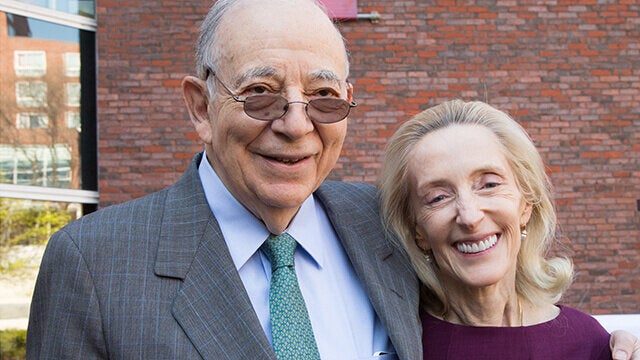
“The Malcolm Hewitt Wiener Foundation’s generous gift will allow the center to greatly increase the impact of our work through an innovative program of data visualization and to support cutting-edge social policy research that changes people’s lives for the better.”
By investing in strategic communications, the Wiener Center will be able to reach a wider audience and more effectively translate academic research into concrete policy action. For example, a new research paper by a faculty member could be accompanied by a non-technical executive summary, a data journalism article including graphics and other visualizations that illustrate key findings, and a public website with open-access copies of the paper and underlying data.
“Since its inception, the Wiener Center has been committed to combining outstanding scholarship with practical impact,” says Douglas Elmendorf, dean of HKS and Don K. Price Professor of Public Policy. “The generosity of Malcolm and Carolyn Wiener enables our faculty and students to conduct path-breaking research and communicate their findings to practitioners in order to address the most pressing public challenges of our time.”

